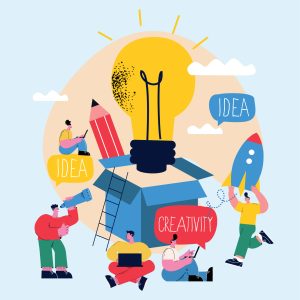
Imagine a classroom where students aren’t confined to desks, memorizing facts for standardized tests. Instead, they’re actively engaged—building robots, composing music, or even starting small businesses. This isn’t a scene from a futuristic movie; it’s the reality in educational settings that embrace alternative teaching methods. As traditional education systems face criticism for stifling creativity and failing to meet diverse learning needs, innovative approaches like Montessori, Waldorf, and Project-Based Learning are gaining traction. These Education methods prioritize student engagement, critical thinking, and real-world application over rote memorization. By stepping the learning Outside the box, educators and students are discovering more effective and fulfilling ways to teach and learn.
Montessori Education
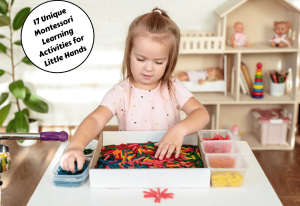
A Montessori classroom places an emphasis on hands-on learning and developing real-world skills and its developed by Dr. Maria Montessori in the early 20th century. The Montessori method emphasizes self-directed learning within a prepared environment. Students choose activities based on their interests, fostering independence and intrinsic motivation. Classrooms are designed with hands-on materials that encourage exploration and discovery. While this approach promotes critical thinking and adaptability, it may lack the structure some students require and depends heavily on well-trained educators
Waldorf Education
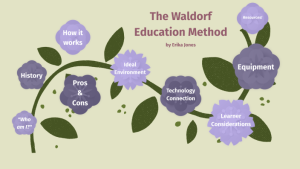
Founded by Rudolf Steiner, Waldorf education methods focuses on holistic development—intellectual, emotional, and spiritual. The curriculum integrates arts, hands-on activities, and nature-based learning, with students remaining with the same teacher for multiple years to build strong relationships. This model nurtures creativity and social skills but may not align closely with standardized testing requirements and might not suit students needing a more structured academic environment.
Reggio Emilia Approach
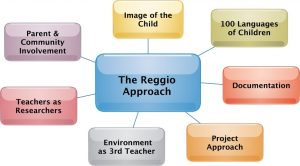
Originating in Italy, the Reggio Emilia approach views children as capable and emphasizes project-based, collaborative learning. Education is tailored to children’s interests, encouraging exploration through art, dialogue, and play. Teachers act as facilitators, promoting communication and teamwork. However, this Education method can be resource-intensive and may not provide the structure some students need.
Project-Based Learning (PBL)
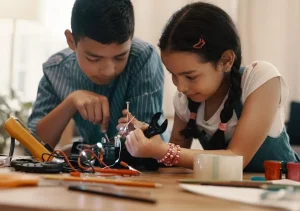
PBL engages students in real-world projects to develop problem-solving and critical-thinking skills. Learners work collaboratively on interdisciplinary projects, applying knowledge to practical scenarios. This Project Based Education method enhances engagement and prepares students for future challenges but can be challenging to implement in large classrooms and may not suit those who struggle with group work.
Unschooling
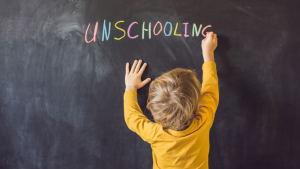
Unschooling is a learner-centered approach where education is guided by a child’s interests rather than a set curriculum. Advocates argue that this fosters a love for learning and encourages creativity. Critics, however, raise concerns about potential educational neglect and the lack of structure. Notable figures like Elon Musk have supported alternative education models, highlighting the growing interest in personalized learning paths.
Online Learning
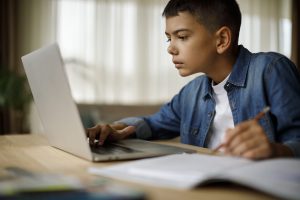
The rise of technology has facilitated online learning, offering flexibility and access to a wide range of courses. Students can learn at their own pace, balancing education with other commitments. While online platforms provide unprecedented access to resources, challenges include the need for self-discipline and limited face-to-face interaction.
Hybrid Education Models
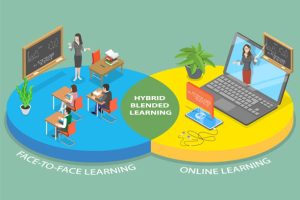
Combining elements of traditional and alternative Education methods, hybrid models offer a balanced approach. For instance, Virtual School Victoria has seen a significant increase in enrollments, particularly among neurodivergent students and those with medical needs, indicating a demand for flexible learning options.

Alternative education methods provide diverse pathways tailored to individual learning styles and needs. While they offer numerous benefits, including fostering independence, creativity, and critical thinking, it’s essential to consider each approach’s challenges and suitability for the learner. As education continues to evolve, these alternative models play a crucial role in shaping adaptable and personalized learning experience
Leave a Reply